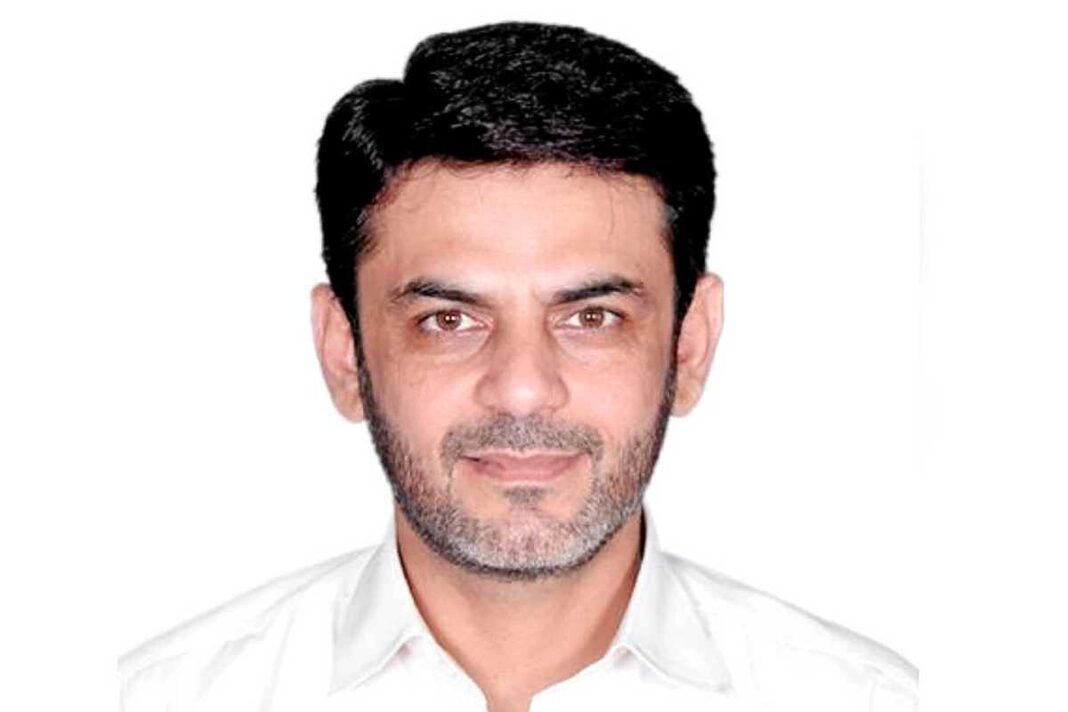Asif Merchant met with undercover FBI agents who he believed were hitmen.
A Pakistani national with alleged ties to Iran has been charged in connection with a foiled plot to assassinate a politician or U.S. government officials on U.S. soil, according to a Department of Justice (DOJ) press release and indictment unsealed on Tuesday.
Asif Merchant, also known as “Asif Raza Merchant,” 46, was charged with murder-for-hire as part of a scheme targeting public figures within the United States. He was apprehended and is currently in federal custody in New York.
The arrest underscores what the DOJ said is its commitment to thwarting Iran’s ongoing efforts to retaliate against American officials, particularly in response to the killing of Iranian General Qasem Soleimani.
Soleimani was killed in the Iraqi capital of Baghdad on Jan. 3, 2020, under the Trump administration.
“For years, the Justice Department has been working aggressively to counter Iran’s brazen and unrelenting efforts to retaliate against American public officials for the killing of Iranian General Soleimani,” said Attorney General Merrick Garland.
“The Justice Department will spare no resource to disrupt and hold accountable those who would seek to carry out Iran’s lethal plotting against American citizens and will not tolerate attempts by an authoritarian regime to target American public officials and endanger America’s national security.”
The plot was uncovered through a coordinated effort involving multiple FBI field offices and the New York City Police Department, among other agencies, DOJ said.
According to court documents, Merchant arrived in the United States from Pakistan in April, following a period in Iran.
He is described as a citizen of Pakistan, born in Karachi, with a wife and children in both Pakistan and Iran, and he traveled frequently to Iran, Syria, and Iraq.
Merchant allegedly sought to hire hitmen to carry out assassinations on American soil, believing he was working with a trusted contact who reported his activities to law enforcement and became a confidential source.
He used operational security measures, such as multiple cellular phones and removing them during sensitive discussions, to avoid surveillance, the court documents claim.
By Chase Smith









